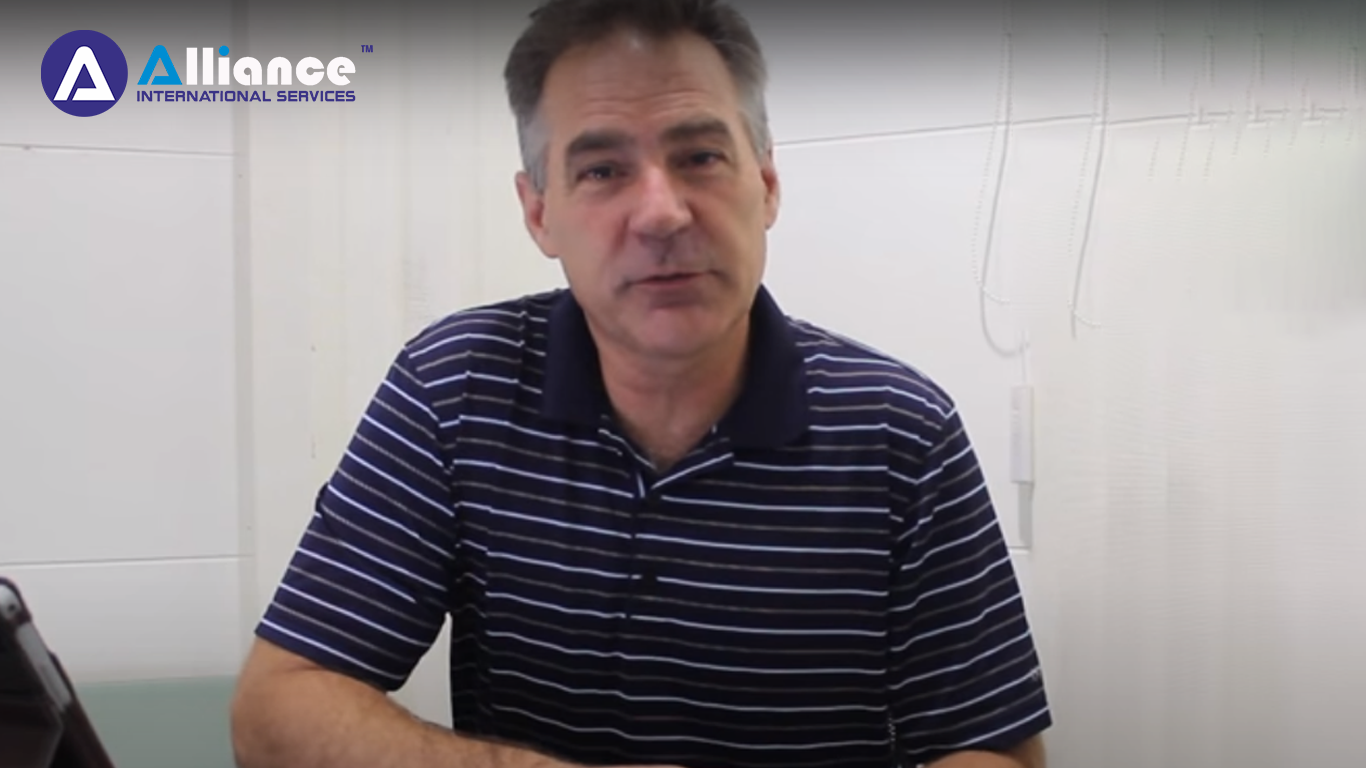Android, boasting a staggering 2.5 billion users worldwide, holds the title of the most widely used operating system.
In contrast to iOS, which caters to users willing to invest four-figure sums, Android’s latest iteration can be acquired for as little as $69 (e.g., the Samsung Galaxy M01 with Android 10 in Bangladesh).
This vast user base translates into a wealth of opportunities for app developers, making the recruitment of an Android application developer a valuable investment.
Prior to bringing an Android developer on board, it’s essential to thoroughly assess their education and skills.
5 Essential Technical Questions to Pose Before Hiring an Android Developer
Hiring a skilled Android developer is crucial for the success of your mobile app project. To ensure you find the right candidate, consider asking these five technical questions during the interview:
-
Can you explain the Android application lifecycle?
Android apps go through various states during their lifecycle, such as onCreate(), onResume(), onPause(), onDestroy(), etc. A strong developer should have a deep understanding of how these states work and how to handle them effectively to ensure a smooth user experience.
-
What is the difference between AsyncTask and ThreadPoolExecutor in Android?
AsyncTask and ThreadPoolExecutor are both used for managing background tasks in Android. A knowledgeable Android developer should be able to explain the differences between these two approaches, their use cases, and when to choose one over the other.
-
How do you optimize an Android app’s performance?
Android app performance is critical for user satisfaction. Ask the developer about common performance optimization techniques they use, such as reducing memory usage, minimizing CPU utilization, optimizing layout rendering, and implementing caching strategies.
-
Can you explain the Android App Permissions system?
Android’s permission system is vital for ensuring user data privacy and security. Ask the candidate to explain how Android handles app permissions, including how to request and check for permissions at runtime, and how to handle the new Android 11 permissions model.
-
What is the Android Jetpack library, and why is it important for Android development?
Android Jetpack is a collection of libraries and tools provided by Google to help developers build high-quality Android apps more easily. An Android developer should be familiar with Jetpack components like LiveData, ViewModel, and Room and understand how they simplify app development and improve app architecture.
In addition to these technical questions, consider assessing the candidate’s problem-solving skills, ability to work with APIs, experience with third-party libraries and frameworks, and knowledge of best practices for Android development. Practical coding exercises and code reviews can also help you evaluate their coding skills and code quality.
Five Key Questions for Exploring Before Hiring an Android Developer
Here are 5 exploratory questions to consider before hiring an Android developer. These questions provide valuable insights into the candidate’s mindset and suitability for the role. Keep in mind that not all interviews for Android developer positions are the same, and the answers to these questions are indicative of what you should be looking for. Remember that knowledge is essential, but it must be complemented by adaptability and resourcefulness. Before hiring a remote Android developer, make an effort to understand the candidate comprehensively from all angles.
-
What programming languages are you proficient in?
I can proficiently write code in C++, Java, and Kotlin, and I have extensive experience working on projects that utilize these languages.
Additional note: The candidate also learned Python, Ruby, PHP, HTML, JavaScript, and CSS in college but has not used them in their professional career.
-
Can you describe your most recent project experience?
My most recent project involved native app development for a radio-cab company. I focused on enhancing payment gateways and implemented a “Share Bill” feature for riders to split payments. Additionally, I participated in developing code for postpaid users, although the project was halted midway due to the company’s inability to secure partnerships with credit check vendors.
-
How do you communicate with clients who lack programming knowledge?
Communicating with non-technical clients can be challenging, but I employ effective strategies. I often create flowcharts to illustrate concepts and avoid technical jargon. When working with non-technical individuals like CxOs and product managers, I prefer a Socratic approach to encourage step-by-step thinking, making it easier for them to understand technical aspects.
-
Why did you choose to specialize in Android development instead of iOS?
There are several reasons for my specialization in Android development. Firstly, I have a preference for open-source and public software, which aligns more with the Android platform. Secondly, I haven’t used Apple products extensively due to their higher cost. From a coding perspective, I am open to learning Swift and iOS SDK if required, although I currently specialize in Android development. Given some time, I could adapt to iOS development.
-
Have you ever developed and published your own app?
Yes, I have published my own app on the Google Play Store. It’s a freemium reader app that supports various formats, including PDF, EPUB, MOBI, DJVU, TXT, RTF, AZW, HTML, ODT, XPS, CBZ, CBR, TIFF, and PDB in the free version. The premium version offers advanced features like Night Mode, RTL reading, an internal media player, and advanced speech-to-text capabilities for $5. The app has garnered 40,000 downloads and boasts 1,000 premium users, with a rating of 3.8.
In conclusion, if you’re seeking to hire an Android developer, I believe I am well-suited for the position based on my skills and experience.







